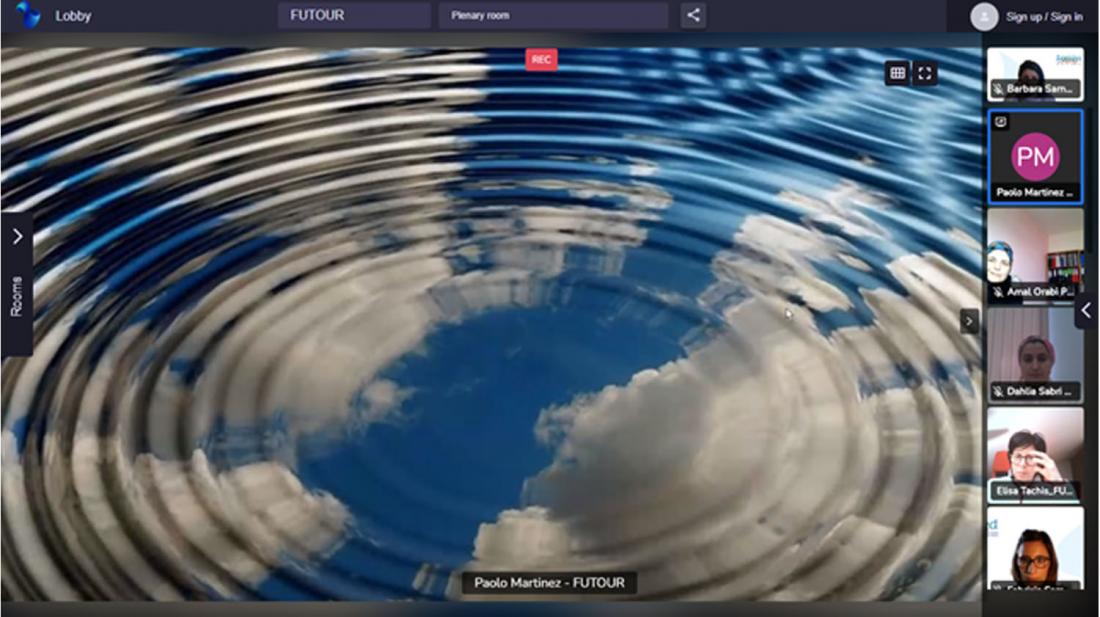MEDWAYCAP adopted an entrepreneurial discovery process for tackling the Mediterranean water scarcity related challenges

With these words the editors of the innovation camp Methodology Handbook, for the European Committee of the Regions, highlight the key messages beyond the adoption of the entrepreneurial discovery process called Innovation Camp Methodology.
The Innovation Camps are a condensed process in which economic, social, technological, cultural and environmental challenges can be addressed at policy, strategy and/or operational levels, and how they can be tackled and ‘solved’ innovatively by the four major actors in the innovation system: science, policy, industry, and society (denominated Quadruple Helix stakeholders) with the support of experts.
MEDWAYCAP partners planned to adopt this challenge-driven cooperation approach for contributing to mitigate the local water crisis at Mediterranean level, involving in a pro-active way the local and regional authorities and potential financial organizations in order to enforce the several regulations and legal provisions governing the Non-Conventional Water (NCW) use and, more important, to create the bases for a deep discussion on a better water governance leading to actual improvements.
The task for the MEDWAYCAP partners is to edit a tailor-made guideline, taking as reference the Innovation camp Methodology Handbook, to implement the steps that will guide them through all the process. This foresees an important preparatory phase, before the organization of the innovation camp events, with the first one in Tunisia and second one in Jordan during the first half of 2023.

The EuroMediterranean Centre for the Sustainable development - SVI.MED, is in charge of this first task and subcontracted the company, FUTOUR, that will support all the partners, under the guidance of the Centre for Water Research and Technologies – CERTE, to organise the preparatory phase.
The Desertification Research Centre - University of Sassari with the support of International Center for Advanced Mediterranean Agronomic Studies - Mediterranean Agronomic Institute of Bari, will coordinate the partners for the organization of the camps during the 2023.

SVI.MED, in collaboration with FUTOUR, organised the first preparatory meeting online on the 23rd of March 2022 to present in detail the innovation camp methodology and the steps to integrate this approach into the project context and related objectives.

This goal-oriented approach foresees, first of all, the identification of the challenges that the partners want to address during the innovation camps. During this first preparatory meeting a list of 3 challenges have been proposed, to be debated in details with the partners during the next interactive meeting, planned in the the month of April 2022. This phase, in fact, is crucial to identify real-world challenges, to be reframed in each phase of the Innovation Camp process, involving new key stakeholders in the following steps.

This makes the innovation camp an effective instrument for addressing territorial innovation and societal challenges in a powerful and effective way.
When you are working to organize a camp, the biggest part of your organisation is the preparation, because you have to work defining why you want to do it, what you want to do, what is the topic.. the preparation is very important because is basically the foundation of the house

Nothing will happen without sufficient curiosity, creativity and courage







